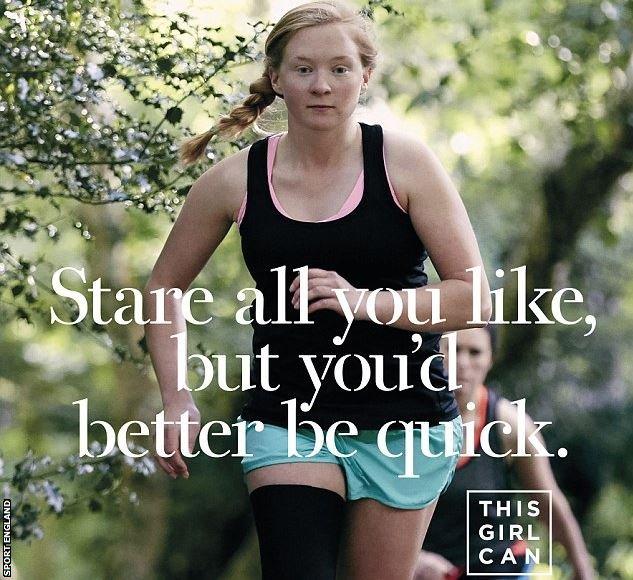Cassie Cava: British snowboarder 'devastated' after Paralympic place withdrawn
- Published
I have really suffered in the system - Cava
British snowboarder Cassie Cava says she is "devastated" after the British Paralympic Association (BPA) withdrew the offer of a place in the Winter Paralympics squad.
Cava, 26, who has post-traumatic stress disorder (PTSD), was initially overlooked for selection in December, but won an appeal via Sport Resolutions last week.
However, her selection was dependant on an approved medical professional being able to travel with her to the Games, which begin on 9 March.
But the BPA have now informed Cava that it is too late because of issues around accreditation and team resources.
Cava says she understands that the last-minute nature of the request caused problems, but believes the authorities should have gone to greater lengths to find a solution.
"I've trained incredibly hard and invested everything into this, so it's very hard to deal with," she told BBC Sport.
"I've qualified fair and square and all individuals in my medical team agreed that all I needed was someone female around and that my mental health is currently no barrier to me competing."
The BPA told BBC Sport that "athlete welfare is of paramount importance" and that "ensuring athletes and staff are able to thrive in the unique Games environment is essential".
A statement added: "Athletes must meet their sport's full selection criteria. In this case, following an extensive and thorough process, the nomination for Cassie Cava has been withdrawn as the conditions were not able to be met."
Cava, who had her right foot amputated in 2014, became one of the faces of the 'This Girl Can' campaign the following year and would have been the first British woman to compete in snowboarding at a Paralympic Games.
She is currently ranked seventh in the world in banked slalom and eighth in snowboard cross.

Cava featured in a Sport England campaign 'This Girl Can' posters with the caption 'stare all you like but you'd better be quick' alongside a picture of her running in the park.
In January, UK Sport launched an independent investigation into British Parasnowsport following allegations by Cava that she was made to feel "worthless" after revealing her mental health struggles.
She spent time in a psychiatric unit in 2017, but won her appeal after further psychiatric tests determined she would be capable of coping with the high-pressure Paralympic Games environment.
The findings from the independent investigation are not expected to be revealed until after the conclusion of the Winter Paralympics later this month.
"I sincerely hope that the investigation going on will be thorough," she said.
"I would be very disappointed if they don't carefully explore the real reasons for all of the athletes who have left the programme over the last few years and get to the bottom of what is going on here."
Following the launch of the investigation in January British Parasnowsport told the BBC that they "would caution against any conclusions being drawn by others not in possession of all the facts".
Cava who also competes in Para-triathlon, although her category is not set to be included in the Tokyo Paralympic programme, says she will now take up the option of switching to her father's nationality and represent the Irish team for the forthcoming season.